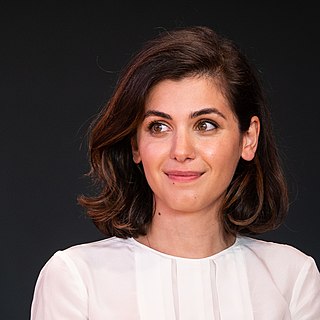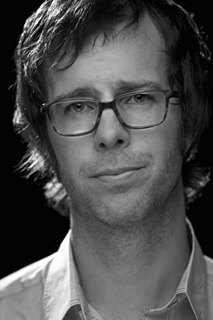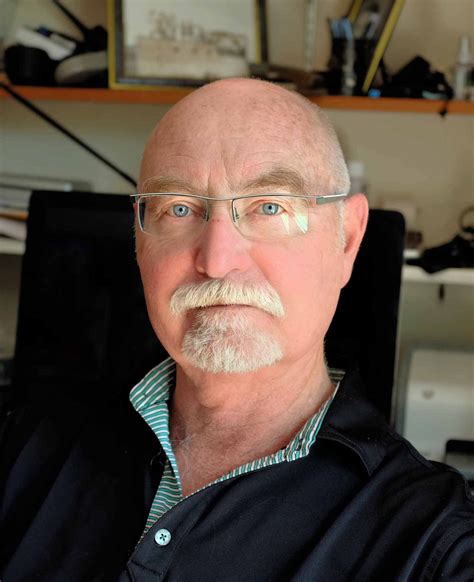A Quote by Virginia Euwer Wolff
I grew up in rural Oregon in a log house with bark left on inside and out. We had no electricity, a massive stone fireplace, a grand piano, and tons of books.
Related Quotes
I grew up in a house full of music, and a house that didn't have a television. We had a piano, but no television. And really, I very quickly realized that this was, you know, there was magic there, there was magic to be had, you could lose yourself in it, it was a refuge, it was joy, it was all of those things.
The rest, with very little exaggeration, was books. Meant-to-be-picked-up books. Permanently-left-behind books. Uncertain-what-to-do-with books. But books, books. Tall cases lined three walls of the room, filled to and beyond capacity. The overflow had been piled in stacks on the floor. There was little space left for walking, and none whatever for pacing.
If you hear Thelonious Monk play a run that goes from the top of the piano, OK, he has opened up the Grand Canyon with that. He's the river that's carved this entire space that we call the Grand Canyon. He does that with one run. He lets you know, like, what the possibility of the sound of the piano can do.


































